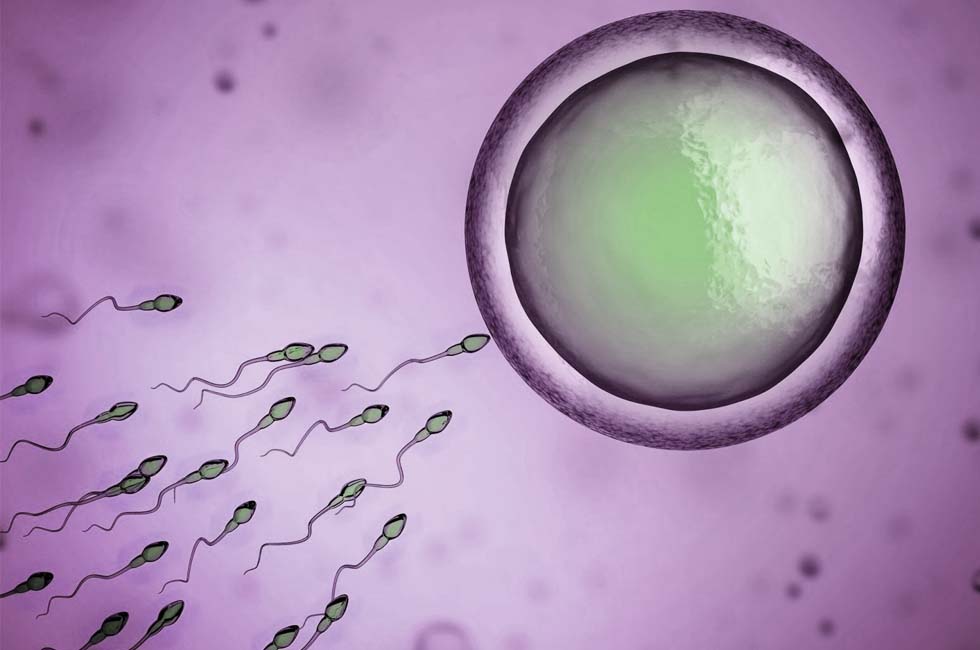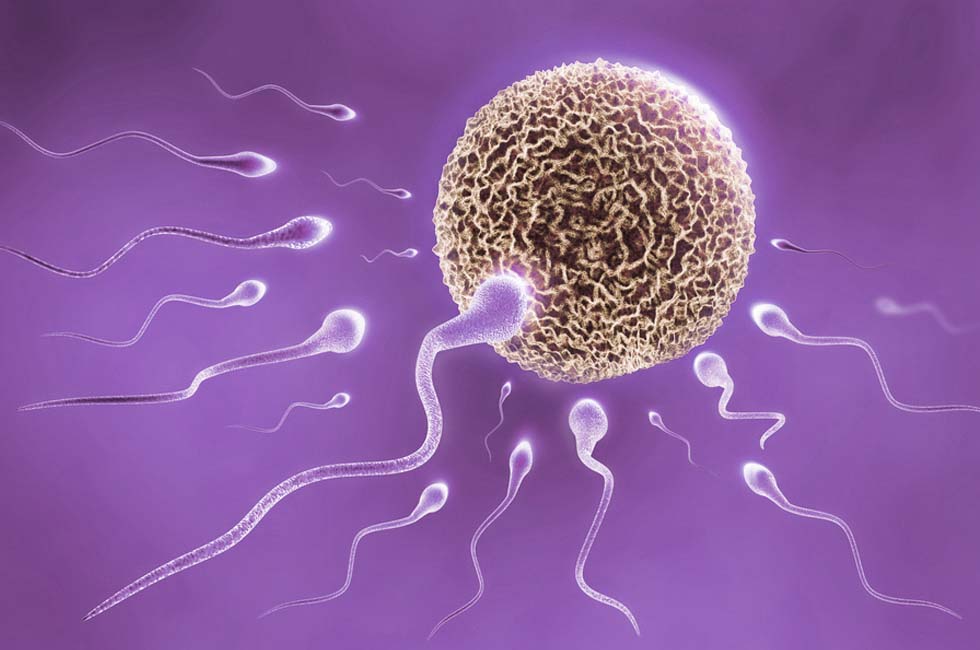IUI
IUI (Intrauterine Insemination) or artificial insemination is a simple fertility treatment procedure in which small amount of prepared sperm (washed sperm) is directly implanted into the woman's uterus so that fertilization of an egg can occur. Though IVF (in vitro fertilization) treatment is often the most advanced option of achieving a pregnancy, in some circumstances, our doctors suggest a simpler, less invasive method.
When is IUI used ?
IUI is a recommended for couples trying to conceive for at least one year with no success. IUI is recommended in the following cases
- - Unexplained infertility
- - Mild Decreased sperm motility
- - Mild endometriosis
- - Mild Low sperm count
- - Requirement of donor sperm
- - Ejaculation and Erection dysfunction
Step By Step IUI Procedure
Pre-Testing for IUI
There are few tests that your fertility doctor will conduct before opting you for an IUI treatment. Your fertility expert will recommend ultrasound and blood test in order to track the maturity of your eggs before IUI treatment.
Step 1: Stimulate Egg Cell Growth:
In this process is used for to stimulate the growth and maturation.
Step 2: Trigger Shots
When the egg matures, a trigger injection is given for the release of the eggs by a nurse at the fertility clinic. After the 32 to 36 hours of trigger injection process, the IUI procedure is attempted.
Step 3: Pregnancy Test:
Tests are liable to confirm the pregnancy.
When is IUI Treatment Recommended ?
This treatment is advisable for women and couples with unexplained infertility, single woman and absence of endometriosis.
How Does IUI Treatment Help Fertility ?
The IUI treatment helps the couple to increase the chance of pregnancy to complete a family. This treatment is so budget-friendly to afford than other fertility treatments.
How successful is IUI ?
The average success rate for IUI ranges from 10-20% in one cycle. For Women over 35 years of age the success rate declines.


